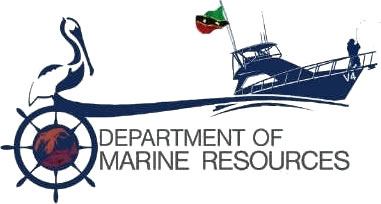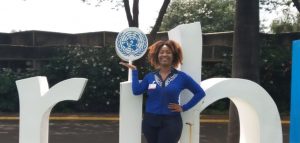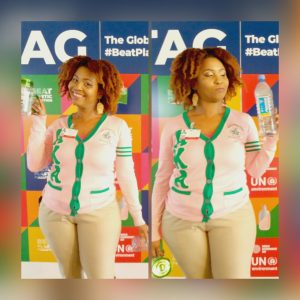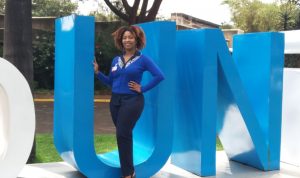Disaster Risk Reduction for Agriculture
Sub regional training on Agriculture Post-Disaster Needs Assessment and Monitoring of the Sendai framework and Sustainable Development Goals from 18th -21st June 2018 in Dominica facilitated by the Food Agriculture Organization (FAO). Representatives from and St. Kitts and Nevis were present Yakima Daniel- Agricultural Planner, Policy and Planning Unit and Tricia Greaux- MMA and Habitat Monitoring Officer, Department of Marine Resources. There were also representatives from other countries like Jamaica, and Antigua and Barbuda.
Opening ceremony was chaired by Mr Ricky Brumont- Director of Agriculture with remarks given by Mr. Ryan Anselm- FAO Project Coordinator, Mr. Daniele Barelli- FAO Sub Regional Emergency Focal Point and Disaster Risk Management, Dr. Reginald Thomas – Permanent Secretary Ministry of Agriculture, Food and Fisheries Dominica.
Day one focused on the introduction of the training, methodology and process with presentations ranging from Disaster Risk Reduction, Disaster Risk Management and Damage and Loss methodology. Day two comprised of a step by step breakdown of Agricultural damage and loss needs assessment methodology. A methodology simulation exercise that was started during day two continued into day three and the culmination of the workshop zoned in on the Sendai Framework.
Expected outcomes include improving the data collection that would affect policy planning and development within the agricultural sector as well as the marine environment including the St. Kitts and Nevis Marine Management Area (SKN MMA). These strengthen the national goal of improving food security in St. Kitts and Nevis.
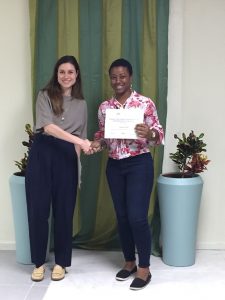
Certificate presented to Yakima Daniel- Agricultural Planner, Policy and Planning Unit
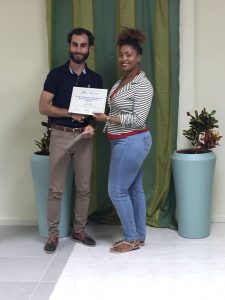
Certificate presented to Tricia Greaux- MMA and Habitat Monitoring Officer, Department of Marine Resources
